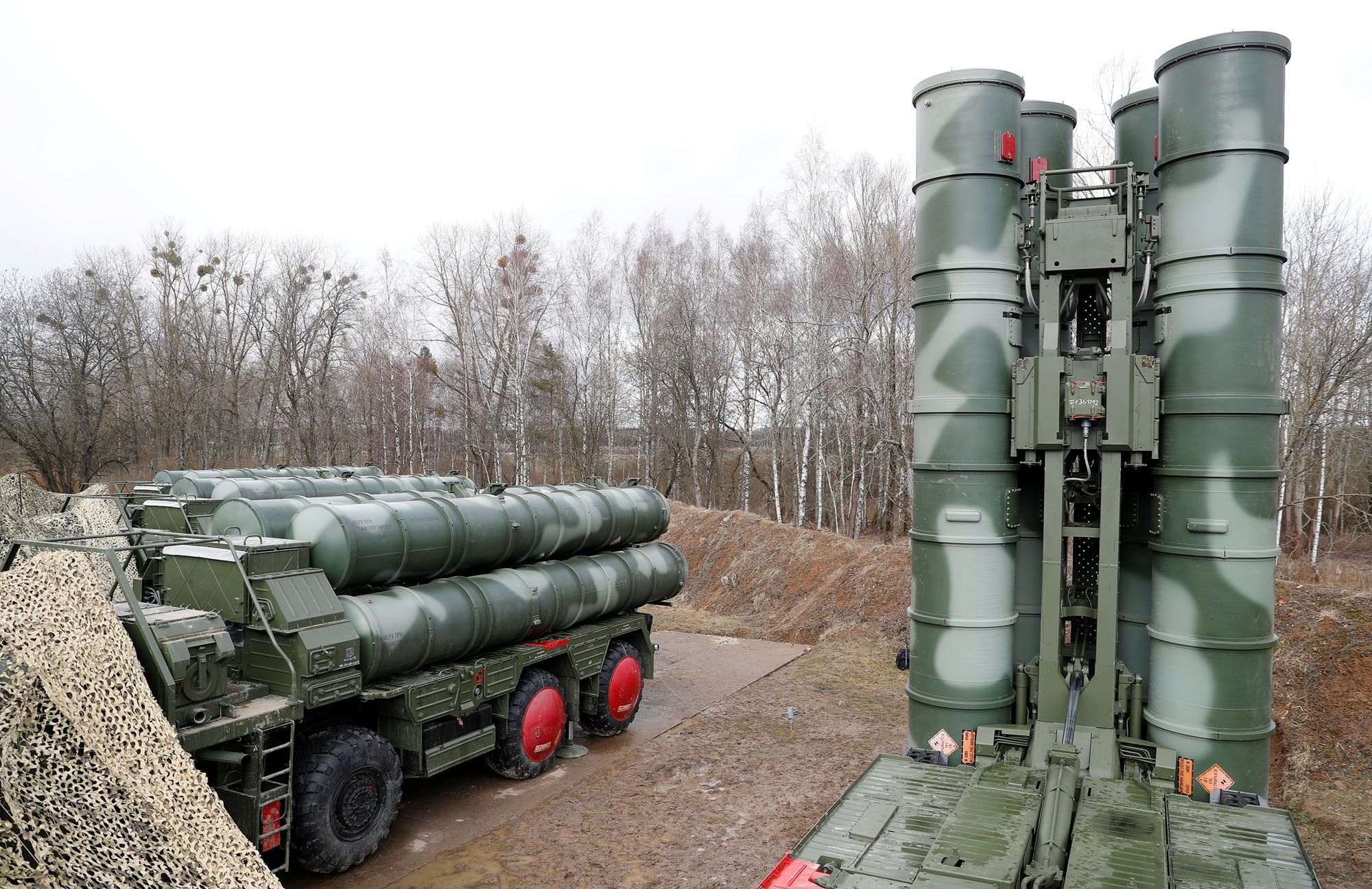After several years of verbal jousting with the United States, Turkey accepted an initial delivery of a highly advanced Russian air defense system, the S-400, early this month. Supporting equipment to bring the system up to full operational capability continues to flow into the NATO ally. We are at an inflection point, which (at worst) could precipitate Turkey's withdrawal from the 70-year-old alliance.
The U.S. and other NATO partners have three legitimate objections to the Turkish purchase of the S-400. First and most obvious is the potential compromise of NATO security if the S-400 is integrated into the alliance's broader air-defense systems. It is impossible to know what intelligence collection mechanisms or cyber back doors are built into the Russian system.
Second, the alliance is justly concerned about having the U.S.-produced F-35 fighter, a fifth-generation stealth aircraft, routinely operating under the surveillance of a Russian-built system. Detailed knowledge of how the S-400 "sees" the stealth built into the F-35 would be a huge intelligence coup for Moscow. Finally, it sends a bad geopolitical message when a key NATO member makes an arms purchase from an adversary who is constantly testing and challenging the alliance.


















With your current subscription plan you can comment on stories. However, before writing your first comment, please create a display name in the Profile section of your subscriber account page.